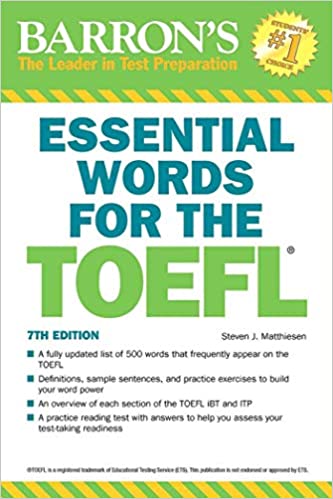Since the reading section is presented as one 54- or 72-minute block of time, it’s up to you to manage your time well to finish every question. Here are some tips to help you out.
Break your time up systematically.
This is a point where it’s really helpful to do some practice tests. Some people read very slowly and thoroughly, and so they can answer questions very quickly. Other people prefer to scan the passage and then take their time answering the questions. Both of these tactics are fine, but it’s important to know which one works for you. That way, you can decide how much time to allot to each task (reading the passage, answering the questions, and checking your answers).
Try a practice reading section with this scheme: 9 minutes to read each passage, 7 minutes to answer the questions, and 2 minutes to review. As you do more practice, you will get a feel for where you need more time or have extra time. Always limit yourself to 18 minutes total per passage, though—you don’t want to cheat your future self! If you’ve already gone through the official TOEFL material and are looking for more practice reading sections, take a look at our online TOEFL preparation course.
Get familiar with the instructions beforehand
You can save yourself precious minutes by reading the instructions thoroughly on practice tests now, before your test day. That way, you can skip directions and go on to the actual questions on test day.
Keep moving
Don’t spend an unreasonable amount of time on one question. If you’ve been thinking about the same question for more than a minute, take your best guess, mark it for review and move on. You can return to it at the end if there’s time.
Since the questions are mostly all worth the same number of points (with a couple of exceptions, notably the final question on each passage), remember to answer all of the easier questions. If you have to choose between a long, complicated paraphrase question and three one-point vocabulary questions, the vocabulary questions may go by faster and will be worth more points.
Guess
If you’re not going to make it through a whole section, then go ahead and mark your best guess for any questions that are left over. If possible, never mark them randomly—do take the time to read the question and answer choices. Then take a second to think about how you can avoid that problem on the next session, and change your test-taking strategy accordingly.





